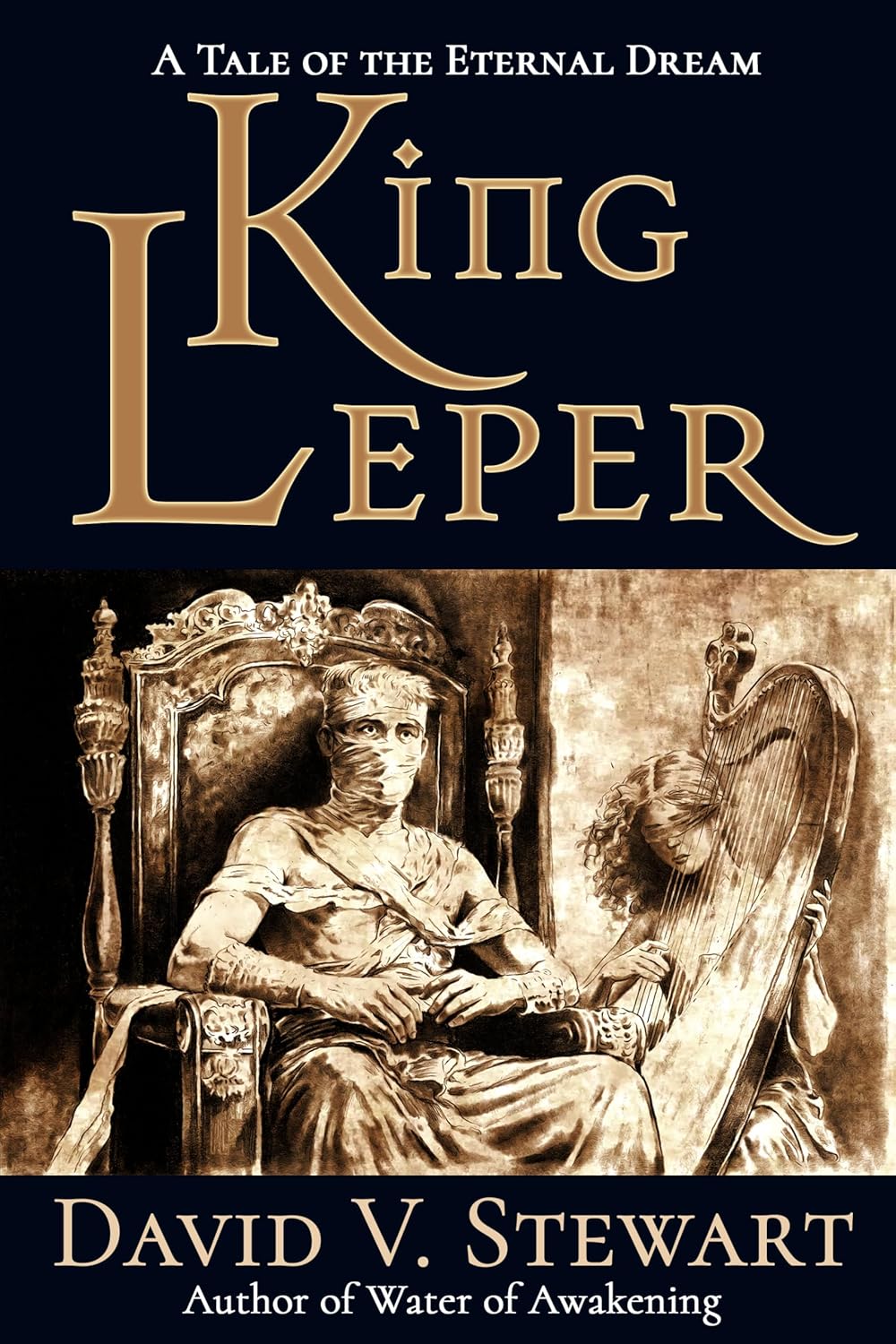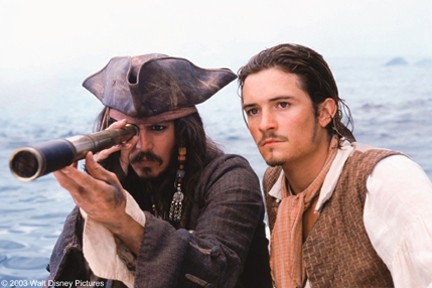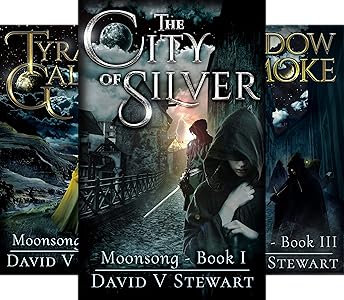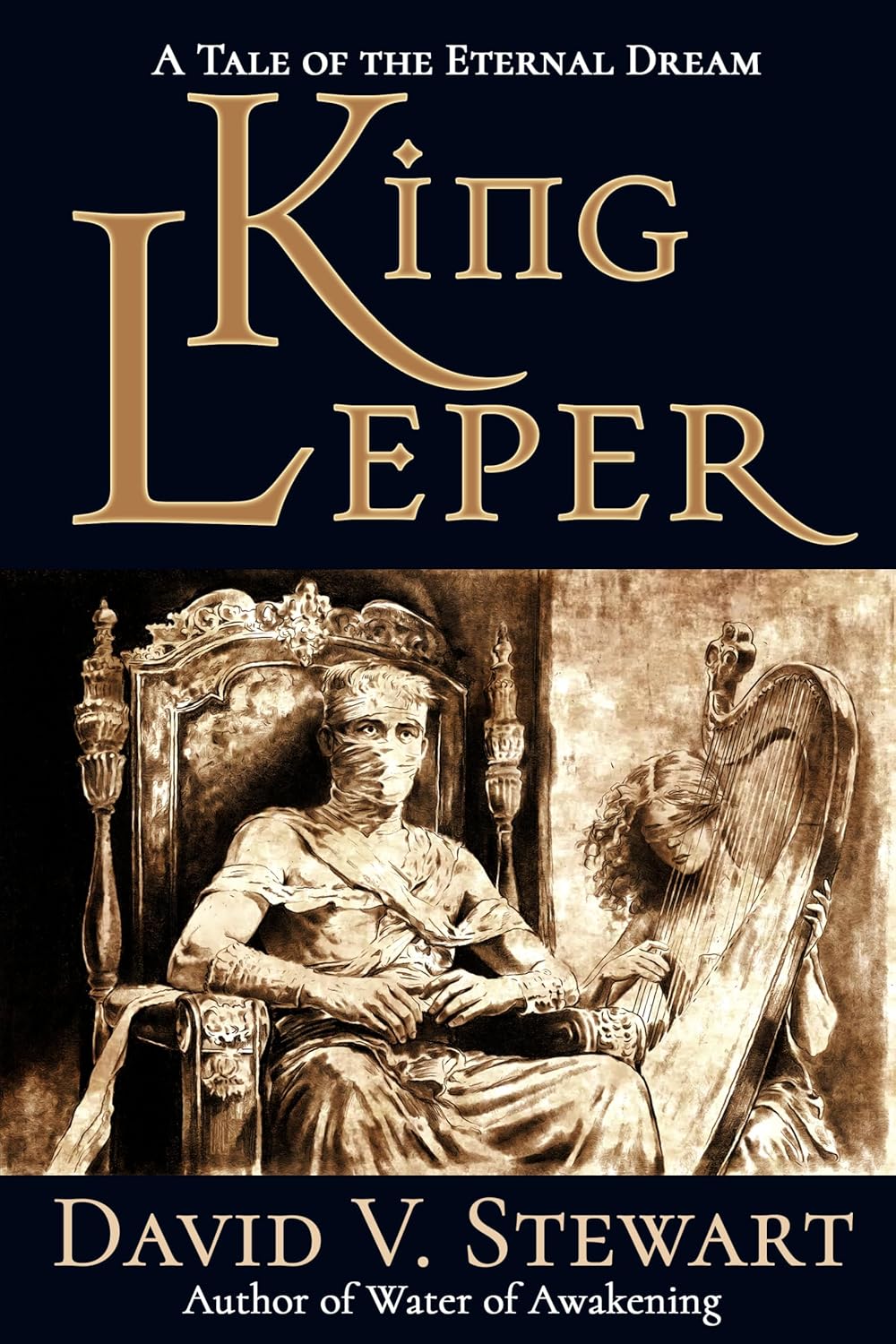Really, it’s more than 20
Don’t forget to pre-order the King Leper Ebook, out in July!

I recently rewatched the first Pirates of the Caribbean movie (and then the next two, but I’ll focus on this first one here). It doesn’t feel like 20 years since it was released (actually 22 at the time of writing this), and time has been kind to the movie. In fact, I think it qualifies as a modern blockbuster classic, a prime example of what big studios used to be able to deliver every year for the summer season, and the comparison to the modern landscape reveals just how much pop culture has lost over the years.

Pirates of the Caribbean: The Curse of the Black Pearl has everything you’d want from a big-budget fantasy film: big stars, sharp characterization, a love triangle (or possible quadrilateral), great sets, amazing special effects, a wild plot, and a memorable, singable score (and it inspired the most expensive pornographic film of all time). It delivers all this as an adaptation of a theme park ride, so in practical terms, it was highly successful as a franchise starter—an original IP in the film space loosely inspired by the aesthetics of a ten-minute boat ride. When was the last big franchise started in Hollywood? It seems like a possibility that isn’t even ventured to think of nowadays.
It’s easy to point to Johnny Depp as Captain Jack Sparrow as the keystone to the product that is Pirates, and while he certainly earns his salary and gets much of the focus, the fact is that this is a movie that really is much more than the sum of its parts. In fact, it’s easy to poke holes in all the movies in this franchise without realizing this fact. Depp shines because his character is one of many well-drawn characters derived from classic archetypes. We need the heroic straight man of Will played by the Orlando Bloom (a heartthrob in his own right), the tough Star Wars princess in the 18th century Elizabeth (Kiera Knightly—who was a real Star Wars princess in The Phantom Menace as Padme’s double) and the manic, frightening Barbosa (Jeffery Rush) to make the foolish Jack Sparrow come off. The large cast of colorful secondary characters bounces off the leads, providing all the necessary comedy when Jack isn’t around, and doubling it when he is.
The plot is chaotic, with many characters possessing many shifting motivations, and the event sequence ( in a mystery format) is tightly controlled. Every scene provides characterization and moves the plot forward, either revealing important information for understanding the various conflicts or allowing the characters to act according to their goals, which is a hallmark of experienced, efficient writing, in this case shared by Ted Elliot and Terry Rossio, who as a team have written numerous other hits. Pirates’ crazy plot is supported by tight editing that, while packing in all the necessary events and revelations, hardly gives the audience a chance to breathe. The result is a story that explodes on screen more than unfolds.
The Curse of the Black Pearl might have an original story with new characters, but it isn’t a 100% new creation. It’s inspired by a ride, and that inspiration is surprisingly thoroughly executed here. Gore Verbinski and the writing team found a way to include all sorts of sets and moments pulled from the Disneyland ride, but even outside of these moments, the entire movie feels like it could have been pulled from the ride. The visual design is pervasive and nails the “fantasy pirate” aesthetic perfectly. The makeup and costuming are excellent, creating a sense of time-out-of-time for the universe on screen. It’s not anachronistic so much as fantastical history. Those fantasy elements are critical, as the plot revolves around an Aztec curse that turns people into literal dancing skeletons. A movie with a more serious tone or less colorful visual design could not have pulled it off.
What I haven’t seen talked about much with this film (and its sequels) is the lighting design, which is critical to how the visual designs work. The sets and costumes feel like the ride (which is mostly in the dark) because of the clever lighting used throughout. The movie feels dark without being literally dark. All the beautiful stars are well lit using contrasting colors, mostly amber as prime lighting and a cool teal or blue to produce the shades of darkness which are yet still visible. The visual space has a great mood throughout, evoking the warmth of lamplight in a pleasant way.
The score by Hans Zimmer should also not be underrated. It’s big and bombastic, matching the relentless action of the movie, but also uses themes and motifs in the classic style. The theme is as memorable as something by John Williams, if a bit more aggressive, and Zimmer even makes use of bits of music from the ride, another nod to the source.
The same people who might nitpick Star Wars can nitpick this movie, finding every moment where a joke doesn’t land, or the dialogue is stilted, where a character changes motivations on a dime or an improbable event happens just in the nick of time, or likewise some issue with the guns, cannons, and swordplay. But those same people miss the greatness of Star Wars for similar reasons. The movie is a complete product, not just a series of moments, not just a visual design. It’s an experience. Jack and the crew were very entertaining at release, and their antics still hold up, a virtue of the film being set in a time of its own, much like Star Wars. It’s a silly pirate movie, but nobody minds because it all goes together so well and is just so well executed.
Unfortunately, like many other hit movies, its influence can be felt in the decay of the industry since the original Pirates trilogy was released. Jack was a lovable bumbler, but movies trying to recreate that comedy jettison the heroic Will and instead settle for an incompetent male lead. Pirates is a comedy, but the tendency now is to force comedy into every fantasy movie, even when it undercuts the characters and plot. I don’t think it’s fair to negatively judge a movie based on becoming tired of the tropes and cliches that it itself popularized. In 2003, the movie was fresh.
If you enjoy fantasy tales at sea, consider reading my Moonsong series, a fan favorite that features pirates, especially in the second book:

I am an independent artist and musician. You can get my books by joining my Patreon, and you can listen to my current music on YouTube or buy my albums at BandCamp. And don’t forget to pre-order King Leper.






What’s especially clever about “Curse of the Black Pearl” is that it’s about pirates trying to give treasure back to its owners instead of stealing it.
“When was the last big franchise started in Hollywood?”
Maybe John Wick (which started in 2014), or A Quiet Place (which started in 2018)?
“The score by Hans Zimmer should also not be underrated. It’s big and bombastic, matching the relentless action of the movie, but also uses themes and motifs in the classic style.”
Zimmer wrote the Pirates of the Caribbean theme in one night while drunk, then titled the demo track “4:56 A.M.” (because that’s the time he finished it) and sent it to Jerry Bruckheimer. He then had various Media Ventures people (headed by Klaus Badelt, who is officially credited as the composer) compose the rest of the score. Zimmer couldn’t take any composer credit at all despite composing the main theme, because he had an exclusive contract with Edward Zwick for “The Last Samurai” that forbade him from composing for other projects until that movie released.
Interestingly, this snippet from the score for “Gladiator” sounds almost like the Pirates of the Caribbean theme:
https://youtube.com/clip/UgkxgiPkGQDWgQg7JZF8S7kfWcZmNoaZmjmm?si=Hbend6D5_K0EpjON
“Unfortunately, like many other hit movies, its influence can be felt in the decay of the industry since the original Pirates trilogy was released. Jack was a lovable bumbler, but movies trying to recreate that comedy jettison the heroic Will and instead settle for an incompetent male lead. Pirates is a comedy, but the tendency now is to force comedy into every fantasy movie, even when it undercuts the characters and plot.”
Another hit movie from roughly the same time period that featured a similar tonal approach was “The Mummy” (1999). It had a very similar mixture of action, adventure, supernatural peril, romance, and comedy. Of course, some of that is because both were partially inspired by the Indiana Jones movies (with Richard Lester’s “The Three Musketeers” movies being an additional influence on “Pirates of the Caribbean”).
“The Mummy” was influential as well (and while people tend to forget this now, its sequel “The Mummy Returns” kickstarted the film career of Dwayne Johnson, who has since starred in many movies with a similar type of tone), but it didn’t contribute to the type of “incompetant male lead” trend that the influence of Pirates of the Caribbean led to, as Rick O’Connell (while somewhat humorous) was competant, and the comic relief characters (Jonathan and Beni) didn’t overshadow him in charisma the way Jack Sparrow did with Will Turner.
One of the strangest things about the Pirates of the Caribbean trilogy is that it started as a more straightforward type of Indiana Jones-style adventure, then gradually morphed into a Lord of the Rings-style epic fantasy.
It also felt strange that as the movies went on, the depiction of pirates changed from mostly bad and scary with a few exceptions like Jack Sparrow, to a noble brotherhood of freedom fighters standing up to evil imperialists. Most notably, the first movie featured Pintel shooting one of the Swanns’ servants in the face with a shotgun and Barbossa and his crew in general doing all sorts of villainous things, but the sequels make Barbossa, Pintel, Ragetti, etc, increasingly less scary and more lovable.
There have been various attempts to copy the Pirates of the Caribbean formula over the years, most recently the disastrous “Jungle Cruise” (2021) (which is essentially 45% “The Mummy”, 35% “Pirates of the Caribbean: Dead Man’s Chest” and 20% “Highlander”, but very, very bad). The best one I can think of is “Prince of Persia: The Sands of Time” (2010), which, while not perfect, is a fairly solid fantasy adventure movie if you can overlook Jake Gyllenhaal’s bad English accent.
I actually never watched the Prince of Persia movie. I love the game it’s based on, but I think I was just very, very poor in 2010 and didn’t see any movies at all.
The Mummy is a good action movie that we’ve talked about before. I might rewatch that one next.
And yes, as the series goes on the Pirates stop being evil and start to be roguish adventurers.
“The Mummy is a good action movie that we’ve talked about before. I might rewatch that one next.”
If you do, I highly recommend watching the 4K version. It’s a massive improvement over the Blu-ray (which always had a pretty bad transfer, even for its time). It’s probably the biggest visual upgrade I’ve ever seen from Blu-ray to 4K.
Yes, the pirate alliance fighting for “freedom” in the third movie was strange. I think it only vaguely makes sense if you try to stretch it as a small business vs megacoporation analogy. Also odd how much of the runtime of the movie is about trying to assemble a pirate fleet, only for said fleet to not do anything while the final battle is yet another 1v1 duel. Perhaps that had to do with how the two movies (being filmed at the same time) were being written on the fly.
“Perhaps that had to do with how the two movies (being filmed at the same time) were being written on the fly.”
I think that’s a big part of why the third movie doesn’t work all that well (for me at least). They were trying to write an epic with an almost Lord of the Rings-level scale, but unlike Peter Jackson, they didn’t have a well-written blueprint to work from (plus they started filming without finished scripts). As a result, much of the story is needlessly convoluted and inconsistent.
PotC3 has a really great soundtrack, far more tracks I liked than 1. I really like the melancholic, grandiose movie #3 theme in “Wit’s End”, the Irish fiddle sound in “Up is Down”, the electric guitar rendition of the PotC3 theme in “Parlay”. The sacrifice chanting was neat, and “One Day” at the end. The music really helps make the movie feel more grandiose than it actually is, since IIRC it was a long movie but overall a drag with a lot of downtime.
Ah, I need to watch this one with my kids. Lord of the Rings and Pirates came out around the same time, and Orlando Bloom was in both. So my kids found an old silly movie I made with my brothers, in which Legolas is saying that his father was a good merchant, and the ghost from Return of the King is telling him that no, his father was a pirate. I was laughing and my kids so did not get it.
I have a soft spot for the first Pirates film, saw it twice when it came out & by some miracle. Despite the fact that it’s origins stem from it being a Disneyland ride, this movie shouldn’t work.
Yet it’s funny how watching this movie everything falls so perfectly into place. From the cast, to the music, to the direction, the attention to detail in the costumes & weaponry & locations, Curse of the Black Pearl is one of those movies that came along at just the right time with just the right people to turn each wheel in the right direction & not a single error gets made as a result of that.
Although I REALLY wish I could say the same for the later movies, going the Lord of the Rings route & trying to craft & “epic” story out these films was a huge mistake. By doing that it completely strips whatever fun the first film had & replaces it with something that was never meant to be there, more than that taking an actor like Johnny Depp & milking the quirky & offbeat persona of Jack Sparrow & let that be his whole selling point as an actor which ruined him completely.